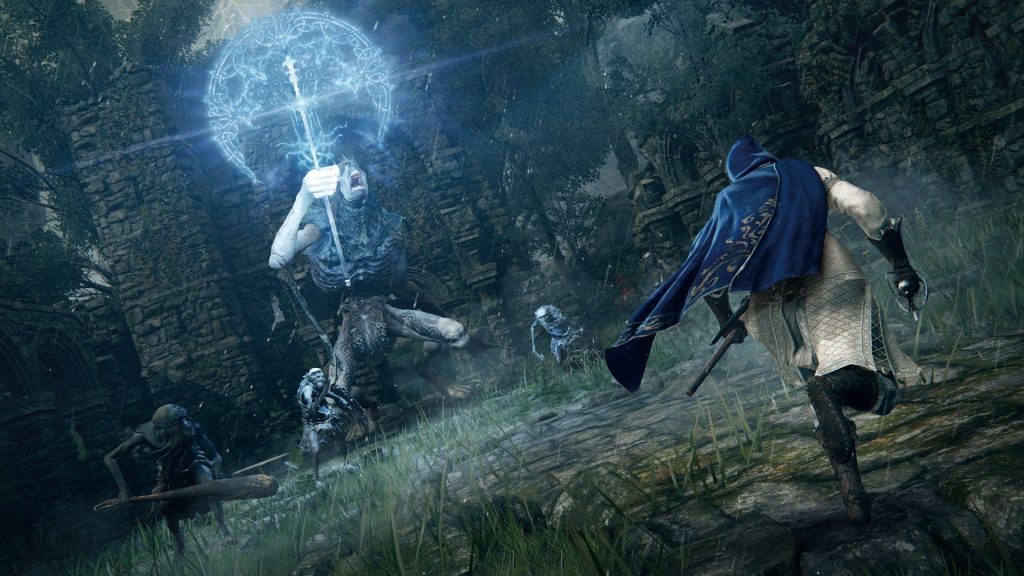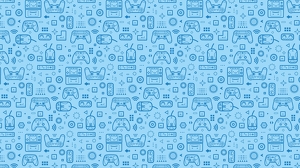2011 was a much different time in the world of gaming, and that especially applies to Nintendo. Many of the company’s games released for the DS, Wii, 3DS, and later, the Wii U, featured an adjusted structure or different conditions in an effort to get everyone playing all of their games.
It’s hard to say if it really worked. There are more people playing games now than there were when The Legend of Zelda: Skyward Sword was first released about ten years ago, but it probably wasn’t from Nintendo’s decision to assume that every single one of their games might be some someone’s first game. This is how many of their games feel from that era, and that includes some of the company’s biggest games, including Super Mario Galaxy and, of course, Skyward Sword. The Nintendo Wii’s motion controls worked incredibly well for Mario, but the same could not be said for the system’s constraints when handling a Zelda title.
Skyward Sword was a good video game when it was first released. The game’s premise and ideas felt original and exciting. It was also the earliest tale in the Legend of Zelda timeline, which is all I’m really going to say about the game’s narrative. The story is fantastic. It’s great. It’s an adventure with all the staples — a hero, magic, swordplay, and Zelda. Part of the magic of the series is discovering all the details in between those big keywords. Skyward Sword is an exciting experience with a gripping story, and it’s never been better now that it’s not held back by the Wii.
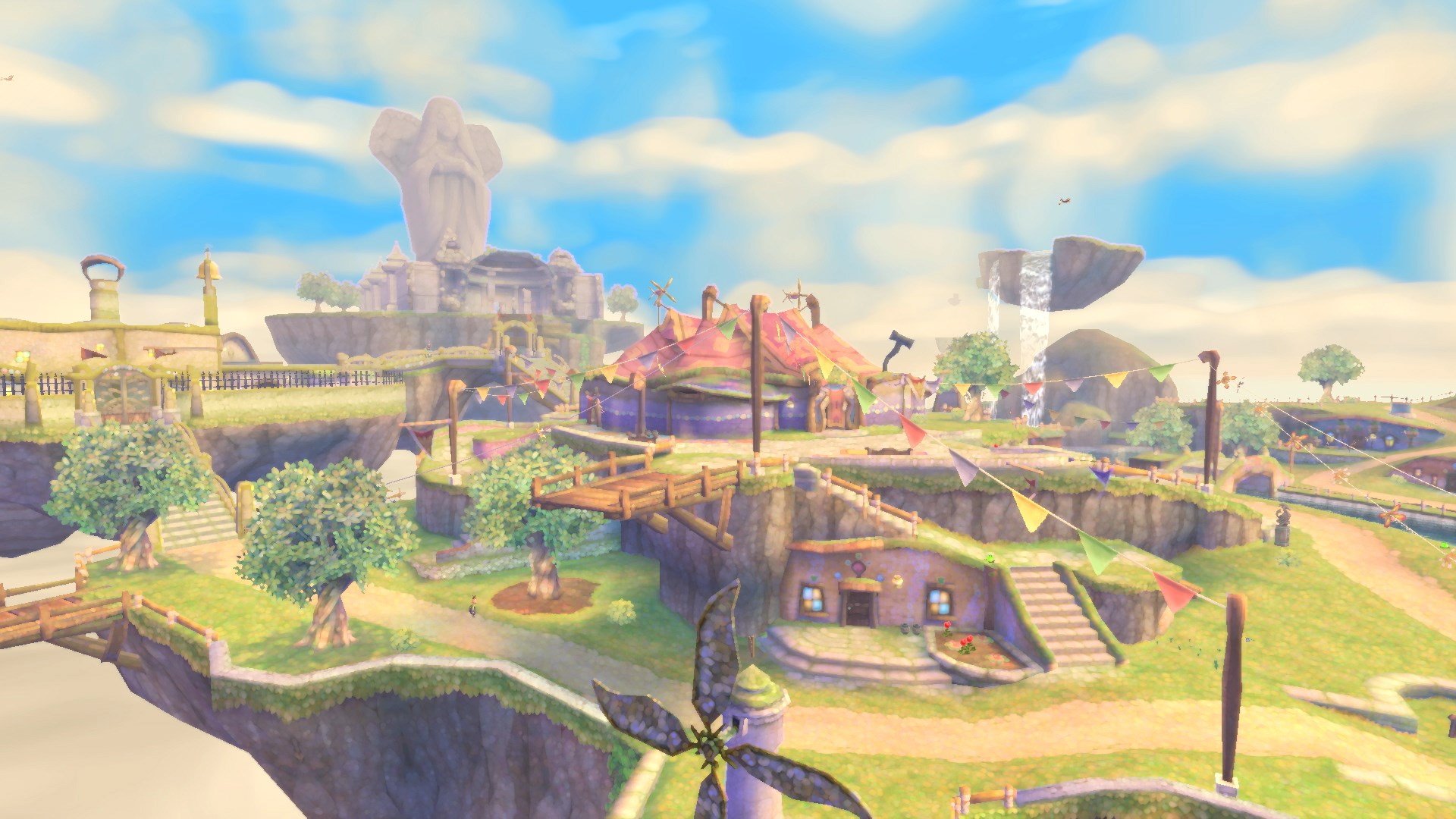
Nintendo tried to create a beautiful world with Skyward Sword and for the most part, they mostly succeeded. You could get the sense of what the world was supposed to look like, but then it was all filtered through this impressionist painting effect. I kind of like the style, so it didn’t bother me a lot, but I also understand why a lot of people don’t like it. Most Zelda games are pretty, cool, or cute. Ten years ago, Skyward Sword was the blurry cloud game. It just didn’t feel right.
That’s all fixed on Nintendo Switch. The blurry paint strokes are (mostly) gone. The impressionist feeling is still there, but now it’s crisp and clear thanks to the HD upgrade. The original resolution of 480p has been bumped up to 1080p, or 720p if you’re playing in handheld mode. Nintendo clearly made a handful of other tweaks as well, besides just increasing the game’s resolution. Skyward Sword HD now feels like a dream-like wonderland with a magic city in the clouds and a fallen and hollow world down below. The art style pops and shines. It works. It used to feel like a compromise, but now it feels like a bold statement.
Gameplay is another area that’s been completely fixed. The motion controls weren’t as unplayable as some claim, but they did feel loose. Nintendo was trying to put you in control of Link, but instead, it felt like you were playing a game of telephone with the Hero of Time. Your actual directions were twisted and transformed and it never felt like you were actually in control.
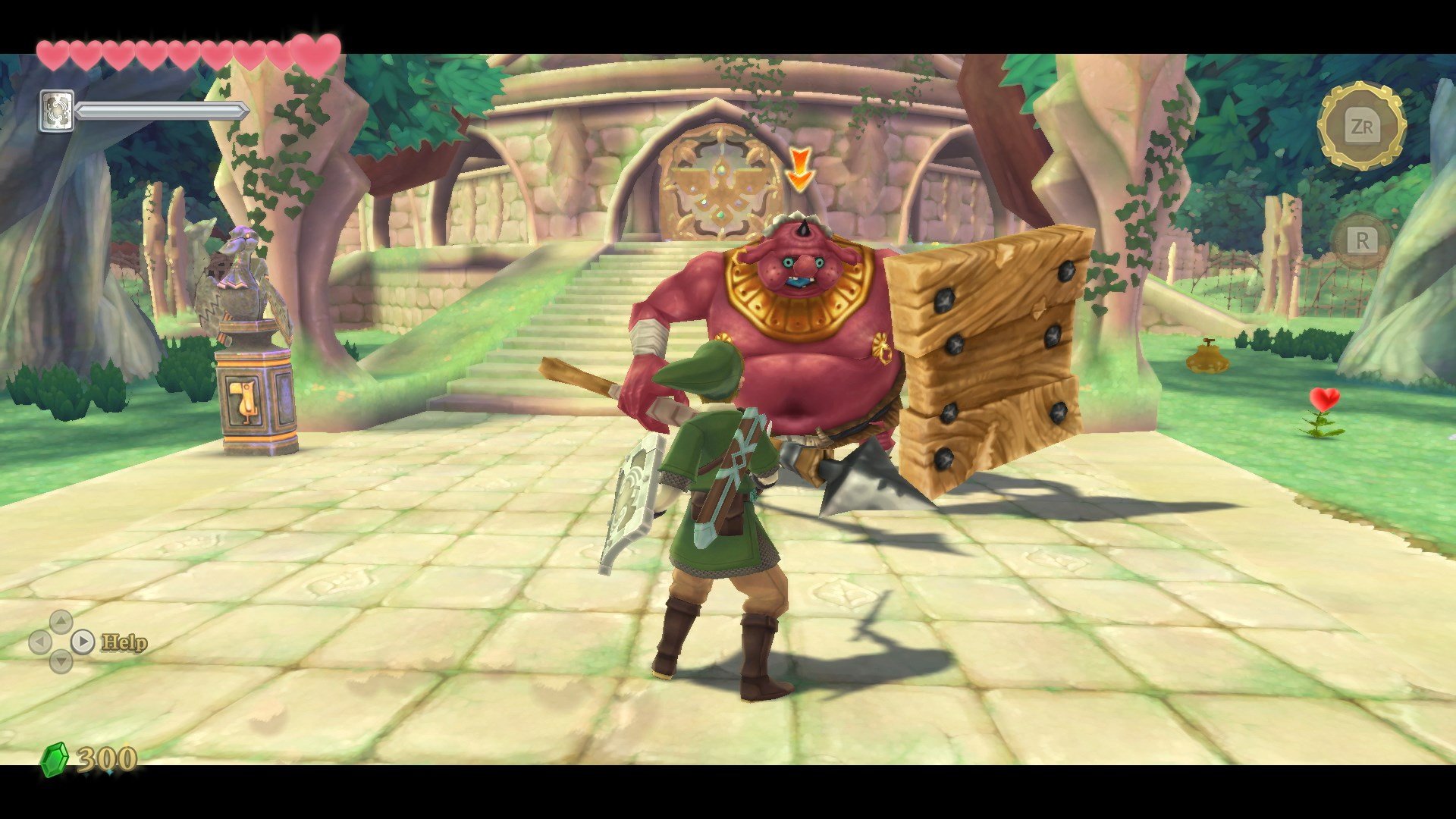
The game even used the oft-lauded Wii MotionPlus technology, but it still didn’t work right, and that’s coming from someone that enjoyed playing the game at release. The Switch’s gyro controls are a step up compared to the Wiimote’s, so now it actually feels like you’re holding Link’s sword. That being said, the standard button controls are still my preference, and they work really well.
The original Skyward Sword is not nearly as smooth as Breath of the Wild, but it’s also six years older. Skyward Sword HD, on the other hand, is as close as the game will ever come to Breath of the Wild. It feels good to control. I actually feel in control. The sword needs to be used in very specific ways for combat and puzzles, though opting for button controls and using the right stick to control the sword 1:1 works well. I actually like this implementation, and wouldn’t mind seeing this kind of mechanic return in a future title.
The constant pop-up messages from Link’s companion Fi are also gone, and most of her original intrusions (which were largely unskippable) have been made optional. Pop-ups that used to play every single time now just play once, like when collecting items after reloading a save. You no longer need to be reminded of a rupee’s value each and every time Link picks one up.
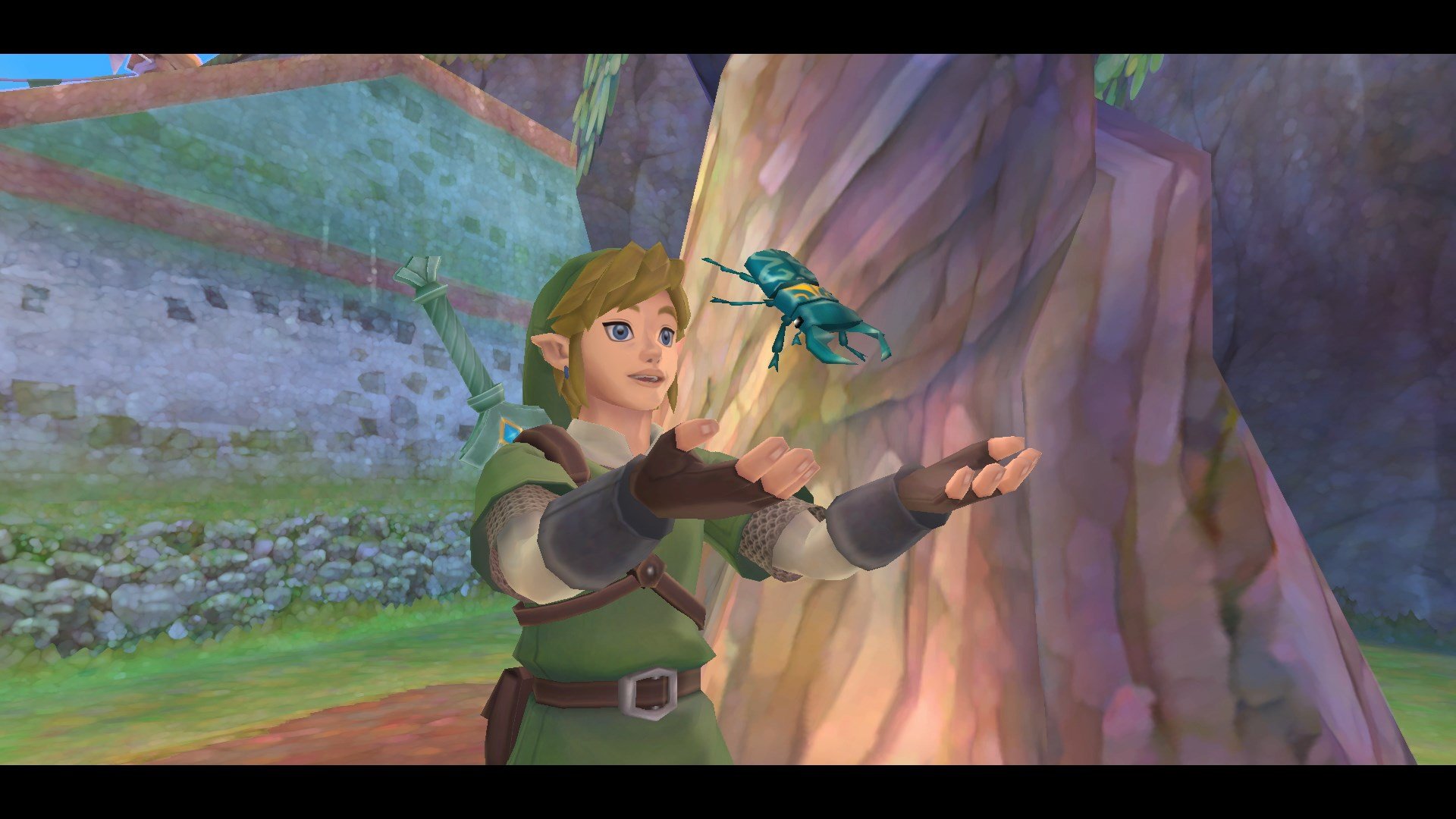
All of these sound like small changes, but they all make Skyward Sword HD a much better game. It’s incredibly easy to recommend it now thanks to the improved visuals and controls. It still isn’t a perfect game, but nearly all of the game’s major issues have been addressed in the remaster. If you never played Skyward Sword, then it’s the perfect time to fly through its world. The story, presentation, and music are all that you’d expect from the franchise, and nearly all of the game’s problems have been addressed in Skyward Sword HD.
This review is based on the Nintendo Switch version of The Legend of Zelda: Skyward Sword HD. A copy was provided to us by Nintendo.
